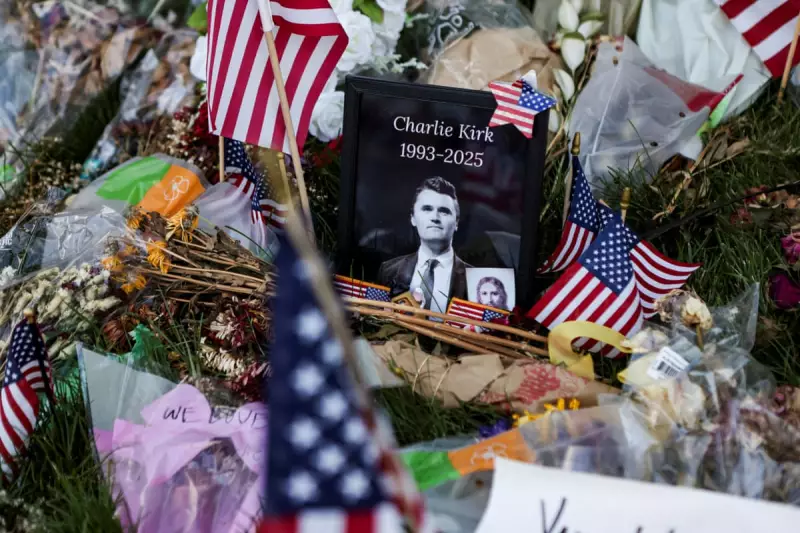
American conservative firebrand Charlie Kirk has ignited a fresh political firestorm with his latest controversial call to action. The Turning Point USA founder is urging Republican officials to systematically remove memorials dedicated to civil rights leaders, branding them as "inherently divisive" symbols that undermine national unity.
The New Front in America's Culture Wars
During a recent broadcast that sent shockwaves through political circles, Kirk specifically targeted memorials honouring iconic figures including Martin Luther King Jr. and Rosa Parks. His inflammatory rhetoric described these tributes as promoting what he termed "anti-American narratives," positioning their removal as the next logical step following previous campaigns against Confederate monuments.
"We've been too timid in addressing this issue," Kirk declared to his substantial audience. "These memorials don't represent unity—they represent a particular political viewpoint that many Americans disagree with."
Immediate Backlash and Political Fallout
The response from civil rights organisations and Democratic politicians has been swift and severe. The NAACP condemned Kirk's comments as "a dangerous attempt to erase African American history," while prominent Democrats accused Republicans of embracing "historical vandalism."
Yet the most telling reaction may be coming from within conservative ranks. Several establishment Republicans have distanced themselves from Kirk's radical proposal, recognising the potential electoral damage in a nation still grappling with racial reconciliation.
Local Communities Brace for Impact
Kirk's campaign isn't merely theoretical. He's specifically encouraging local Republican groups to pressure municipal authorities and school boards into taking action. This grassroots approach mirrors tactics used in previous cultural battles over education curriculum and library materials.
Community leaders in several states report already receiving emails and petitions inspired by Kirk's comments, setting the stage for contentious local debates about historical memory and public space.
A Strategic Calculation or Step Too Far?
Political analysts suggest this represents a calculated escalation of America's ongoing culture wars. By shifting focus from Confederate symbols to civil rights memorials, Kirk is testing the boundaries of conservative activism and potentially redefining the terms of engagement in America's historical discourse.
However, veteran Republican strategists warn this approach risks alienating moderate voters and could backfire spectacularly in suburban districts where cultural issues often decide elections.
As the controversy continues to unfold, one thing remains clear: the battle over American history and public memory has entered a new, more volatile phase that promises to shape the nation's political landscape for years to come.





